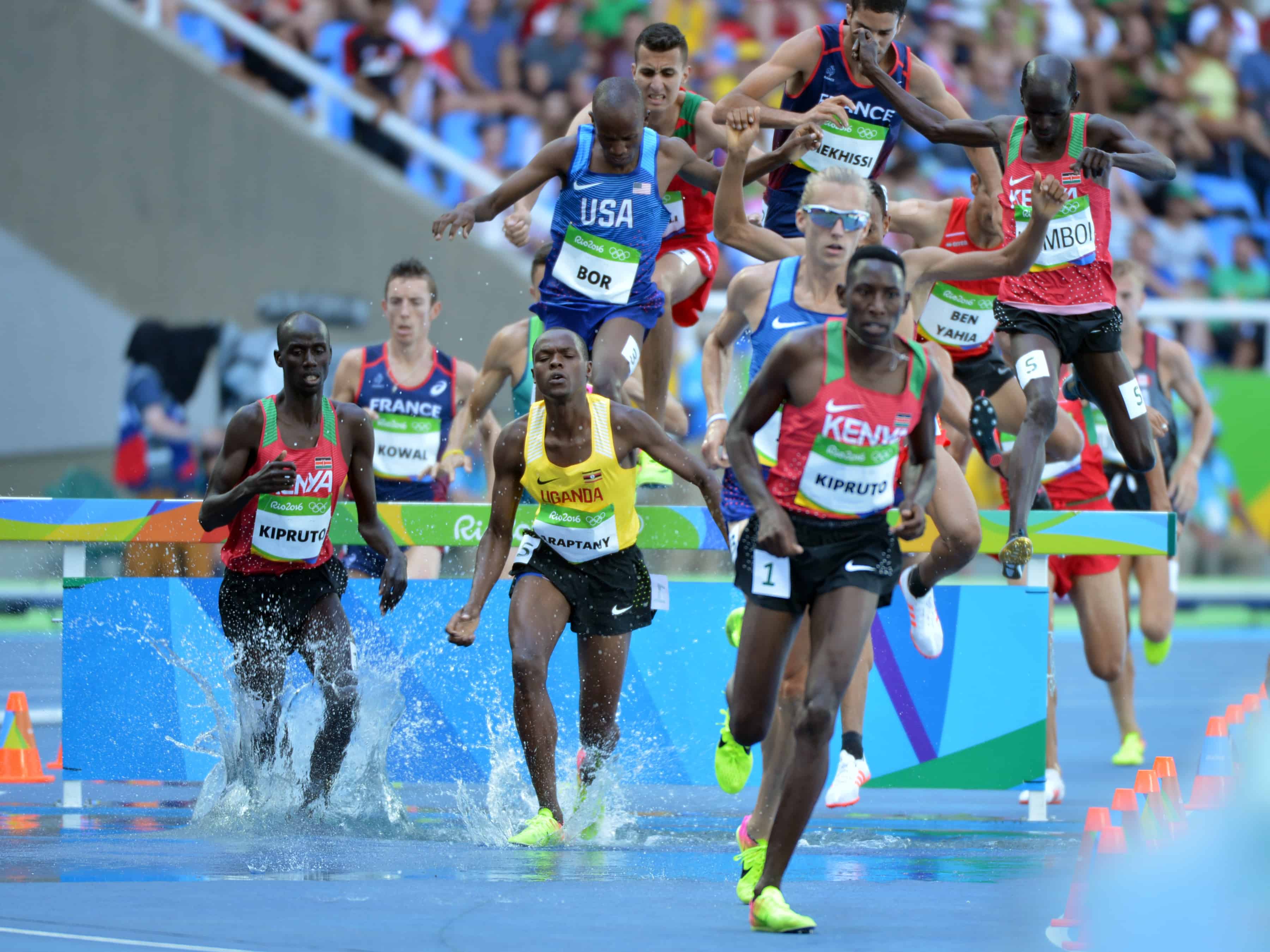A whirlwind week of drama at the boardroom level saw the National Olympic Committee of Kenya (NOCK) reject a political reform proposal from the International Olympic Committee (IOC), lose their IOC funding, and then finally vote to adopt the same rejected policy in a last ditch effort to escape the possibility of a ban.
While the IOC still hasn’t made a clear decision on how to punish Russia for their state-sponsored doping scandal, they seem to have set their sights on the NOCK.
The IOC’s issues with the NOCK initially began at the Rio Games, where Kenyan officials regularly became a distraction and acted in a detrimental fashion towards the performance of their athletes.
Embarrassment began for Kenya in the lead up to the Rio Olympics, when sprinter Carvin Nkanta was unable to compete in the competition due to not having proper documentation, and fellow athlete Julius Yego nearly missed his chance to compete in the games because his travel arrangements to Rio hadn’t been properly organized.
During the Olympics, the ridiculousness continued as uniforms were taken by officials and never provided to athletes. Two Kenyan coaches were sent home from Rio, one for posing as an athlete in order to give a urine sample and the other for requesting money from undercover journalists who were posing as athlete representatives to obtain information about the schedules of doping tests.
The nation’s Olympic program is in crisis; it has seen a wave of Kenyan track athletes abandon their native land to compete for other nations, like the US, Turkey, and Bahrain. At the 2016 Olympics alone, 20 Kenyan-born athletes competed for a different country.
A total ban is unlikely, but the IOC’s decision to cut off funding and demand reform was made with the athlete’s best interests in mind.
The onus is now on the NOCK, who must make fundamental changes to improve their organization or they’ll likely see more of their athletes leave to compete for better equipped nations.
The IOC is facing one of the most difficult challenges in the history of its organization in Russia and continuing to have to deal with the NOCK’s incompetence of can be seen as an absolute waste of their time.


